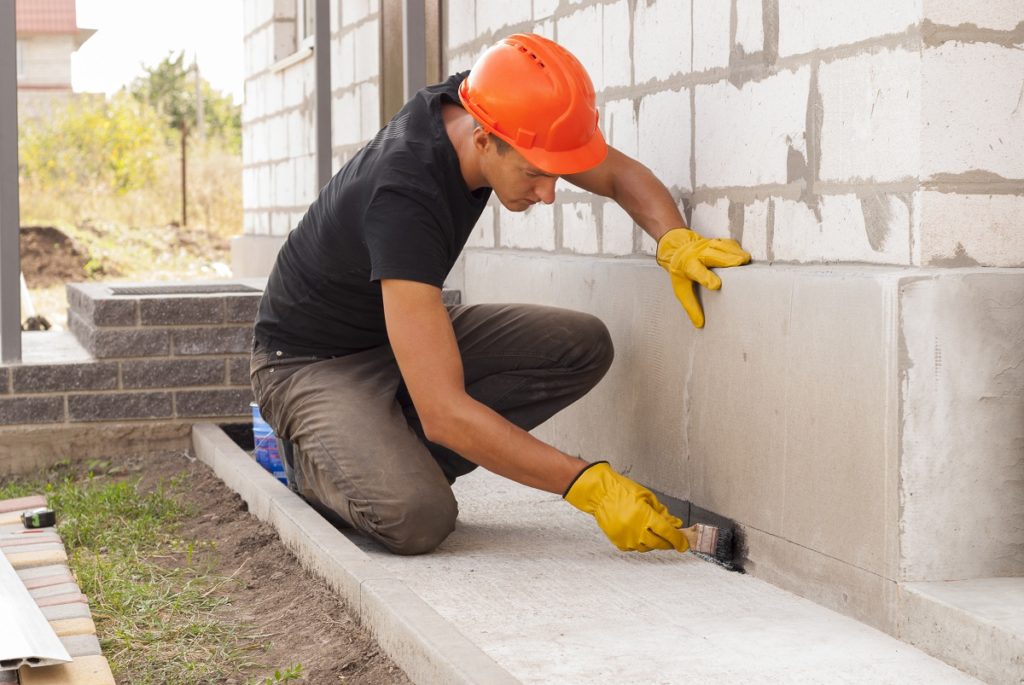‘Know Thyself,’ a concept Socrates popularized, is like knowing your home through its foundation. The idea of knowing oneself goes beyond self-awareness. It is understanding the way you live and how it affects your day-to-day life.
Sometimes, you hear people feeling frustrated because they know that something is wrong with the way they live, but they cannot pinpoint what. By solidifying your understanding of yourself, you may be able to know why you make certain decisions, how you should respond to changes, and how you can restore your life.
The same is true for knowing and enjoying your home in Denver. Sometimes, problems occur in your home, and you couldn’t identify the cause. Your home foundation may have something to do with the problems. Being aware of your home’s foundation helps you easily address any issues with its structural ability. You will know what type of residential foundation repair or solution you must get to restore the value of your home.
Slab-on-Grade Foundations
Maybe you opted for a slab-on-grade foundation because it is less expensive than other types of home foundations. Perhaps you chose this type of foundation because it features a relatively simple installation process and requires minimal maintenance. Keep in mind, though, that every choice has ups and downs.
With slab foundations, the water supply and drainage pipes lie underneath the concrete. So if there is a problem, you have to cut through the concrete slab to gain access to the pipes. Modern plumbing technology is addressing this issue for your peace of mind.
Crawlspace Foundations
Homes with a crawlspace foundation are a few feet higher off the ground. Similar to the installation of slab foundations, the installation of crawlspace foundations involves pouring a footing and laying down blocks. The difference, however, is that you have enough room to crawl through. It can even serve as a storage room — a less expensive one than full basements, at that — for equipment like your furnace.
A crawlspace makes wiring, piping, and ductwork systems more natural to access. It also contributes to warmer floors. This type of foundation is prone to moisture, however. You have to keep an eye out for the growth of mold and fungi to keep moisture problems at bay.
Full Basement Foundation
You probably opted for an entire basement foundation because you wanted a high basement that you can convert to a living space. The structural foundation walls of a full basement are often six feet tall. They rest on footings that extend below the frost line. These walls are made typically of poured concrete.
This type of foundation adds square footage to your home and provides seasonal living space. Repairs are also easier because the technician doesn’t have to dig into a slab or get in a tight crawlspace. You still have to look after the drainage system and check the walls for cracks to avoid ending up with a flooded basement.
Strengthen Your Foundation Before It Weakens

Similar to how knowing yourself lets you deal with any hurdles thrown at you, having a secure home foundation protects your home despite weather fluctuations and other issues that lead to structural problems. So, get to know what type of foundation your house has so that you can quickly detect fundamental concerns and identify the best solutions for it.

